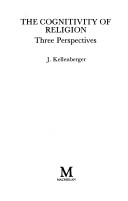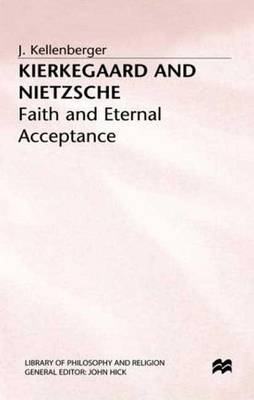Library of Philosophy and Religion
4 total works
This book examines the thinking of two nineteenth-century existentialist thinkers, Soren Kierkegaard and Friedrich Nietzsche. Its focus is on the radically different ways they envisioned a joyful acceptance of life - a concern they shared. For Kierkegaard, in Fear and Trembling, joyful acceptance flows from the certitude of faith. For Nietzsche, in Thus Spoke Zarathustra, joyful acceptance is an acceptance of the eternal recurrence of life, and is ultimately a matter of will. This book explores the relationship between these opposed visions.
The demands of modern living are such that humanity is constantly faced with new moral questions and new expressions of old moral issues, as well as the question of how to relate to others of different nations, cultures and religions. This volume attempts to address both the morality and plurality issues as they relate to religion and being religious, particularly from a Western Judaeo-Christian perspective. The author argues for the integrity of a certain way of addressing the question of religious praxis, which in turn would yield an approach to moral decision. With regard to the increased consciousness of other cultures and religions, the author presents a way of viewing the relationships between the world's diverse religious traditions that offers an answer to the question: how does my religion relate to others?


